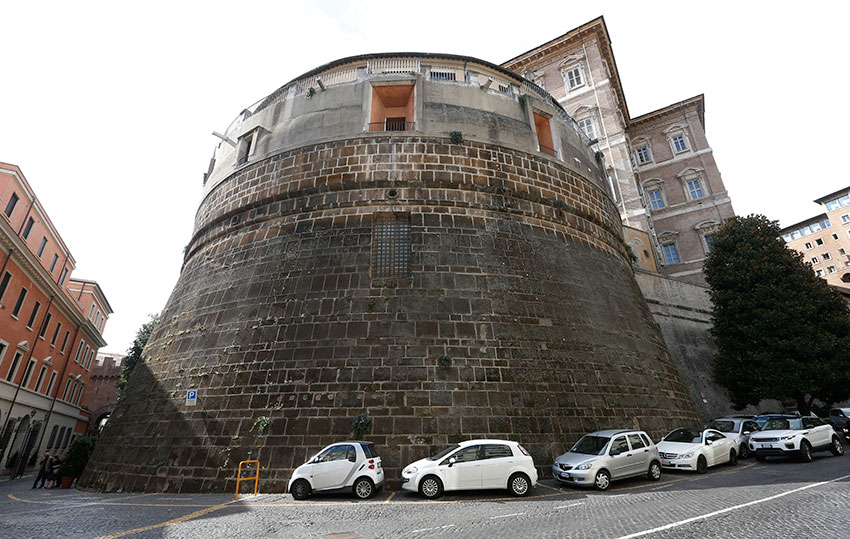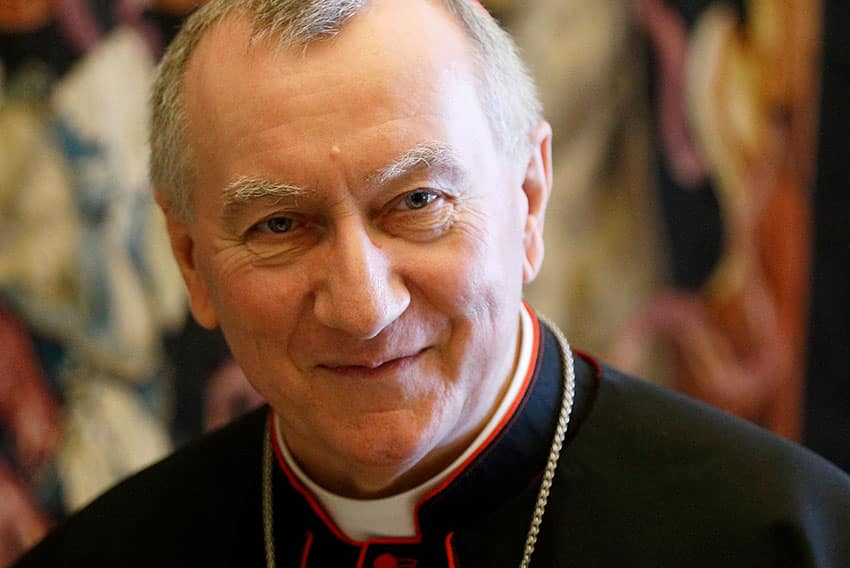Reading Time: 4 minutes
In the wake of Pope Francis’s remarkable decree removing all financial and property management authority from the Vatican’s own government – the Secretariat of State – the new law is a step forward on the path of financial reform, said Bishop Nunzio Galantino, president of Administration of the Patrimony of the Holy See.
“There was a need to turn around the management of finances, economy and administration, to increase transparency and efficiency,” Bishop Galantino said in an interview with Vatican News.
Issued “motu proprio,” on the Pope Francis’ own accord, and published on 28 December, the decree ordered the Administration of the Patrimony of the Holy See, also known as APSA, to manage all bank accounts and financial investments belonging to the Vatican Secretariat of State.

Law links back to Benedict XVI papacy
APSA handles the Vatican’s investment portfolio and real estate holdings.
The Secretariat for the Economy will monitor APSA’s administration of the funds, the pope ordered.
The development comes against the backdrop of two key factors: the stunning reports in Australia’s national media that $2.3 billion was transferred from the Vatican to Australia over six years without the knowledge of the nation’s bishops and Pope Francis’s ongoing program to reform the Vatican’s finances and eradicate corruption.
Bishop Galantino told Vatican News the measures were the result of “studies and research” that began during the papacy of Pope Benedict XVI and were called for during the general congregations prior to the election of Pope Francis in 2013.

Link to controversial London property deal
Among the questionable investments made by the Secretariat of State was a majority stake purchase on a property in London’s Chelsea district that incurred significant debt and prompted concerns that funds from the annual Peter’s Pence collection were used in the purchase.
In an interview published by the Vatican press office on 1 October 2020, Jesuit Father Juan Antonio Guerrero Alves, prefect of the Secretariat for the Economy, said the financial losses incurred by the property deal “were not covered by Peter’s Pence, but with other reserve funds of the Secretariat of State.”
Although the pope’s new rules are part of a larger, ongoing effort to reform Vatican finances, Bishop Galantino told Vatican News “it would be hypocritical to say” that the scandal surrounding the London property deal did not influence the new measures.

Silver lining: investment revealed control mechanisms needed
The property deal “helped us to understand what control mechanisms needed to be strengthened. It made us understand many things: not only how much we lost – an aspect that we are still evaluating – but also how and why we lost it,” he said.
The head of APSA highlighted the need for clear and rational measures “to ensure a more transparent administration.”
“If there is a dicastery designated for the administration and management of funds and property, it isn’t necessary for others to carry out the same task,” he said. “If there is a dicastery designated to control investments and expenditures, there is no need for others to perform the same task.”
The new measures, Bishop Galantino added, are also meant to restore people’s trust in the annual Peter’s Pence collection, which “was created as a contribution of the faithful, of the local churches, to the mission of the pope who is a universal pastor, and is therefore destined for charity, evangelization, the ordinary life of the church and of the structures that help the bishop of Rome to carry out his service.”
Related
Credit: Source link



